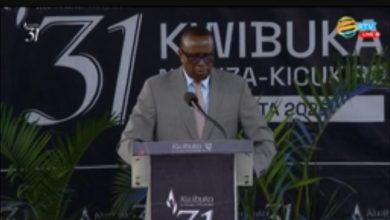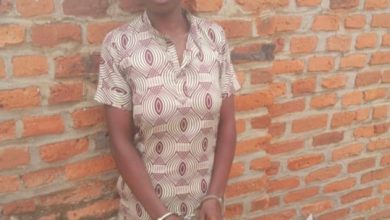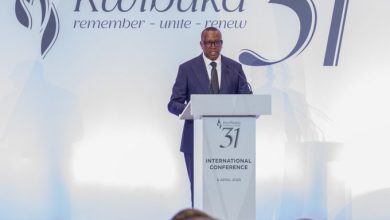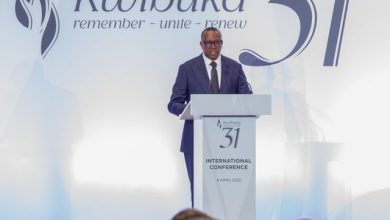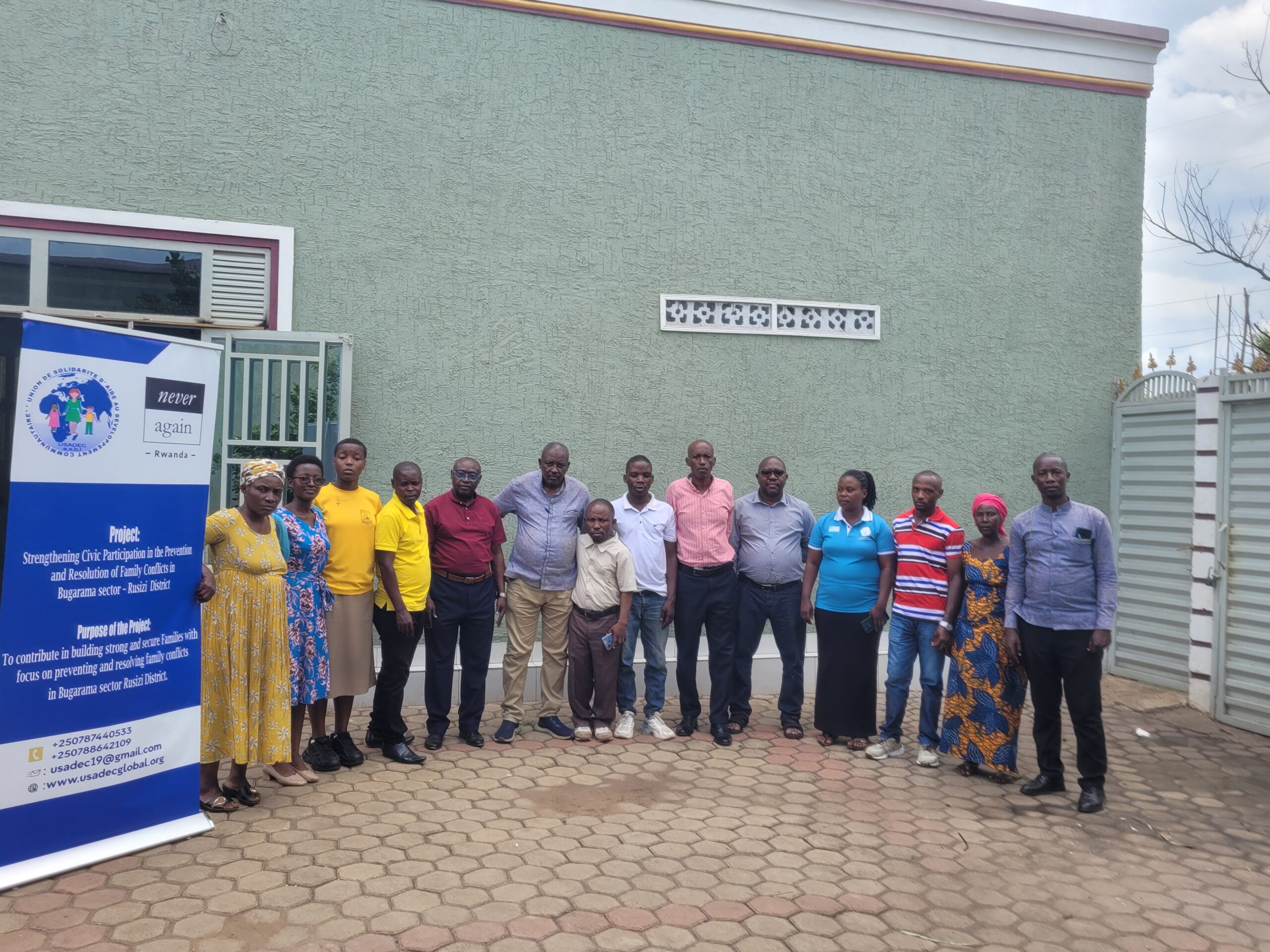
Bugarama-Rusizi:They are determined to eliminate family conflicts
Some of the groups of people and leaders at different levels from the village to the sector level who participated in the research exhibition on solving family conflicts testified that what was shown in the research is going to help them increase their strength in solving family conflicts.
It is a study prepared by the Project responsible for increasing the participation of the people in the prevention and resolution of domestic conflicts in collaboration with Never Again Rwanda.
Nzasabamariya Solange is an employee of Pera’s Economic Development Cell (SEDO) who says that although preventing and resolving conflicts they were doing it as their duty; he says that he benefited from higher knowledge to know the location of conflicts, to prevent them and to help families.
He said:
“Of course, I used to do it and resolve conflicts found in the cell before the leader but after receiving this training from USADEC;
I learned how to understand conflicts and resolve them in families.”
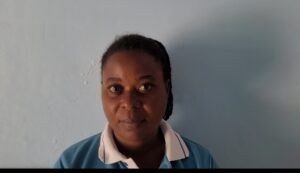
He added that the main source of conflict is marital discord and alcoholism, which causes some families to live in conflict.
He said, “The main conflict that I deal with is fighting behind the spouses, which makes one of the families live in an unsafe way. I have gained a lot in solving and understanding the reason for the conflict where one of the spouses did not want to talk about the nature of their problem, so I have gained the knowledge to understand
those conflicts and how to resolve them.”
Hakuzimana Zacharia is a primary school teacher in G.S Pera located in the village of Majyambere in the Pera cell in the Bugarama sector and is also in charge of the National Council of Persons with Disabilities (NCPD) in the Bugarama sector.
He testifies that in this USADEC study in collaboration with Never Again Rwanda has gained a lot and will share it with those he represents.
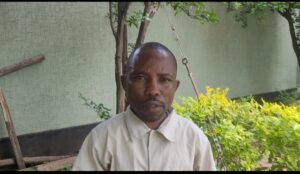
He said, “You can’t deny that even among the disabled there are conflicts like anywhere else, mainly based on the fact that they appear in society where a woman who gave birth to a child with a disability becomes weak and causes conflict in the family with her spouse; based on that I find this is a good opportunity to have gained more knowledge
because I met myself it will lead me to have children who have a safe family.
Rubayiza Jean Baptitse is a Project Officer at USADEC and says that everywhere they have seen this program has yielded results only in the Bugarama sector, even though they have not made the final report, they found that at least in each village there are at least three cases of houses living in conflict.
He said: “We started elsewhere; for us, it contributed to the building of Rwandan families because we realized that it is not only up to the government, but that non-government organizations should also play a role in building Rwandan families.”
He also said that among the families in the Bugarama sector, there are at least three families living in conflict and all government agencies are required to educate those families to get out of the conflict as they told the participants of the research exhibition.
He said, “We ask those exposed to this research to make the organizations that lead people live well since they are in the decision-making bodies where we have invited some Executive Secretaries of the cells and cell development officers; youth officers and other categories in different levels.
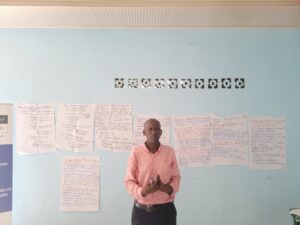
The coordinator of the USADEC project in Rwanda, Mr. Mahoro Alexis, says that at the beginning, their research was focused in the Bugarama sector in three cells where 15 people were selected from each cell and 45 people were interviewed.
.
He said: “In the beginning, we started with 45 people from three villages that make up the Bugarama sector to find out what the problem is; to examine and find a solution; so now they have been exposed to the research; they have given a plan of action that is going to be done in order to solve the problem of conflict in that area.
sector.”
The coordinator of the USADEC project in Rwanda, Mr. Mahoro Alexis, says that at the beginning, their research was focused in the Bugarama sector in three cells where 15 people were selected from each cell and 45 people were interviewed.
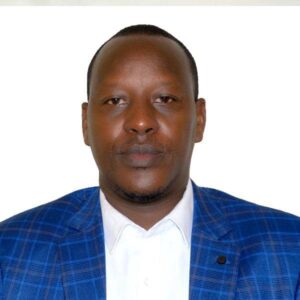
When asked by the reporter why he chose the Bugarama sector, he said that they saw a serious problem of conflict arising from the fact that the Bugarama sector operates on the borders of two countries, namely the Democratic Republic of the Congo and Burundi, which have strict laws that do not punish them, so they can start this
research would help the people of this sector.
He said, “The fact that the Bugarama sector works on the borders of two countries also brings different cultures that lead to bad relations among Nyarwanda families and therefore
When asked by the reporter why he chose the Bugarama sector, he said that they saw a serious problem of conflict arising from the fact that the Bugarama sector operates on the borders of two countries, namely the Democratic Republic of the Congo and Burundi, which have strict laws that do not punish them, so they can start this
research would help the people of this sector.
He said, “The fact that the Bugarama sector works on the borders of two countries also brings different cultures that lead to bad relations among Nyarwanda families and therefore

